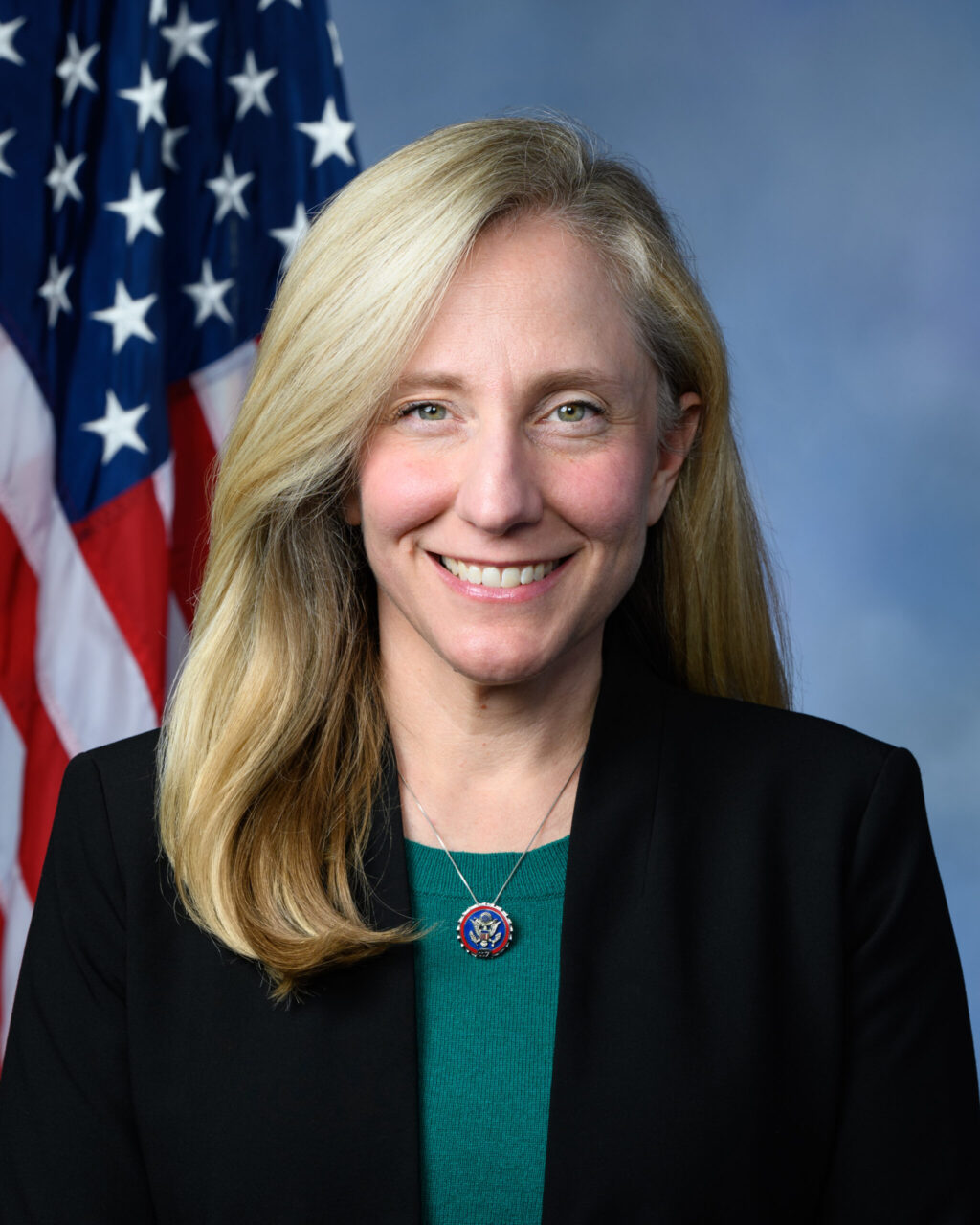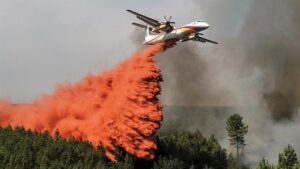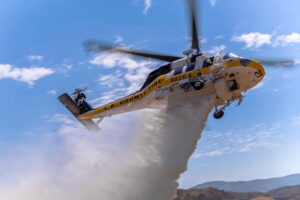
By: Daniel Thompson
In the wake of last year’s Quaker Run wildfire, which ravaged 4,000 acres of private and public land, including significant portions of Shenandoah National Park, Madison County has voiced strong support for a federal bill aimed at enhancing the resources available to rural firefighters. The wildfire, one of the most severe in the area’s recent history, has prompted local leaders to advocate for improved firefighting capabilities to prevent similar incidents in the future.
The legislation in question, the Advanced Capabilities for Emergency Response Operations (ACERO) Act, seeks to not only formalize but also expand and improve an ongoing aerial firefighting project spearheaded by NASA. This initiative represents a significant step forward in investing in the future of aerial firefighting, utilizing cutting-edge technology to combat wildfires more effectively. The ACERO Act aims to build on the techniques used during the Quaker Run fire, where coordinated aerial efforts played a crucial role in controlling the blaze that threatened vast swaths of land.
Brian Gordon, Deputy Administrator of Madison County, emphasized the importance of the ACERO Act, noting that while Madison County doesn’t typically experience the extreme fire conditions seen in other parts of the country, the availability of advanced technology and resources would significantly strengthen local firefighting efforts. “Madison County fully supports the ACERO Act and believes it will significantly enhance wildland firefighting efforts nationwide,” Gordon said. “Even though our area does not regularly face the same level of fire danger as other regions, having access to these advanced tools and resources will ensure we are better prepared to handle wildland fires when they do occur.”
U.S. Representative Abigail Spanberger, who represents Virginia’s 7th District and is also a gubernatorial candidate, has been a strong advocate for the bipartisan legislation. Spanberger highlights the ACERO Act as a critical tool in connecting rural and wildland firefighters with the advanced technologies they need to protect their communities from increasingly frequent and severe wildfires.
The ACERO Act builds upon a program initiated by NASA last year in collaboration with the Federal Aviation Administration (FAA). This program focuses on the development and testing of new technologies, such as drones and other advanced aviation systems, to enhance aerial firefighting operations. Traditionally, aerial firefighting using manned aircraft has been restricted to daylight hours and low-smoke conditions to avoid the risk of crashes. However, the introduction of drones has begun to change the landscape of firefighting. These unmanned aerial vehicles can deliver equipment to ground crews, improve communication between firefighting teams, and assist in the remote suppression of extensive wildfires, offering a new level of flexibility and safety in firefighting operations.

One notable application of drone technology occurred earlier this year when the Culpeper police drone team responded to a wildfire on Sperryville Pike in Boston, Virginia. The drones played a critical role in helping firefighters better track the fire’s parameters and containment efforts, demonstrating the potential of this technology in real-world scenarios. According to Spanberger’s office, wildfires in Virginia burn nearly 8,000 acres annually, underscoring the ongoing need for effective wildfire management strategies.
In a statement, Rep. Spanberger highlighted the dedication and bravery of local firefighters, the Virginia Department of Forestry, and federal agencies, who work tirelessly to protect communities from the devastating impacts of wildfires. She stressed the importance of equipping these public servants with the best tools available to safeguard forests, wildlife, and local communities. “Firefighters from local departments, the Virginia Department of Forestry, and our federal agencies go to work each day to protect our neighbors — and they deserve our strongest support. These brave public servants deserve the best tools available to protect our forests, wildlife, and communities from wildfires — like last year’s Quaker Run Fire in Madison County,” Spanberger stated.
The ACERO Act, with its focus on leveraging NASA’s technological advancements, aims to improve the coordination of firefighting efforts and support further innovation in the field. The bill has garnered bipartisan support, with leadership in the U.S. House of Representatives coming from both Rep. Mike Garcia, a Republican from California, and Rep. Jennifer McClellan, a Democrat from Virginia. Together, they are pushing for a legislative framework that will empower first responders with the tools they need to effectively monitor, control, and ultimately prevent the spread of wildfires.
As climate change continues to exacerbate the frequency and intensity of wildfires, legislation like the ACERO Act is seen as increasingly vital in preparing communities to face these challenges head-on. Madison County’s endorsement of the bill reflects a broader recognition of the need for innovative solutions in wildfire management, ensuring that the lessons learned from the Quaker Run wildfire contribute to stronger, more resilient firefighting capabilities in the future.





